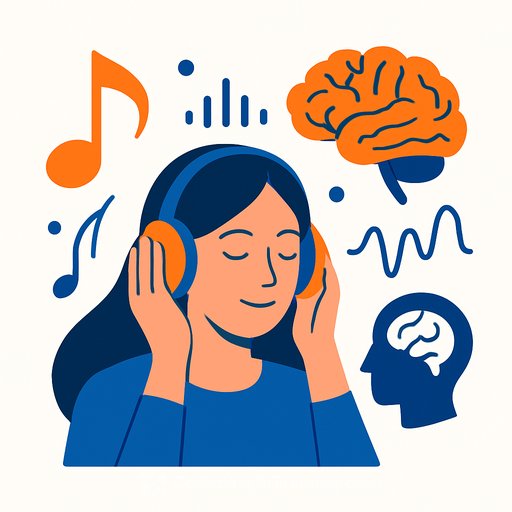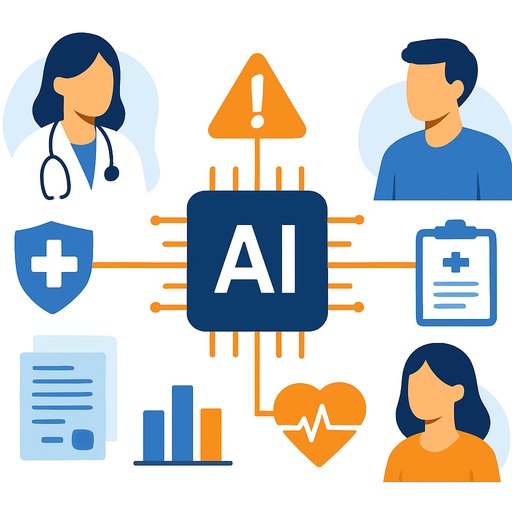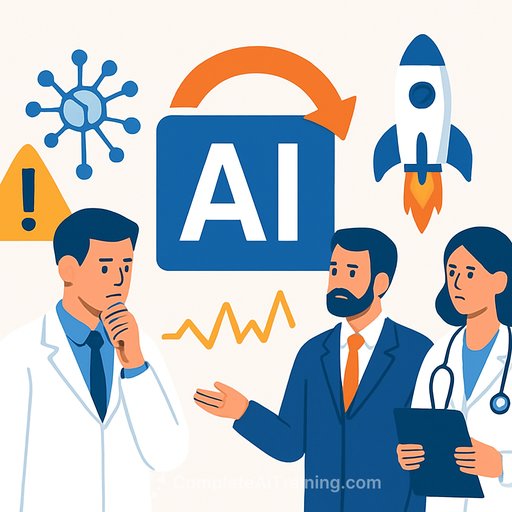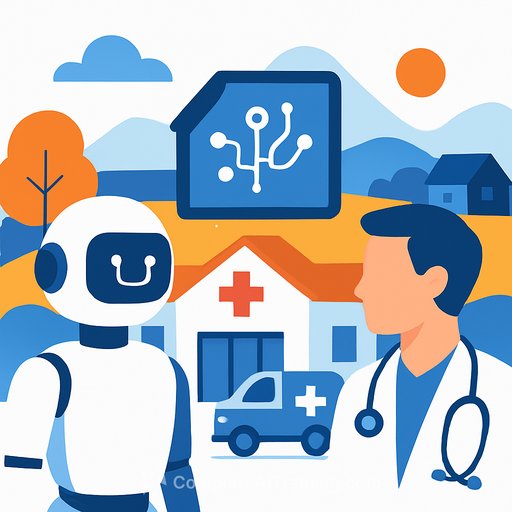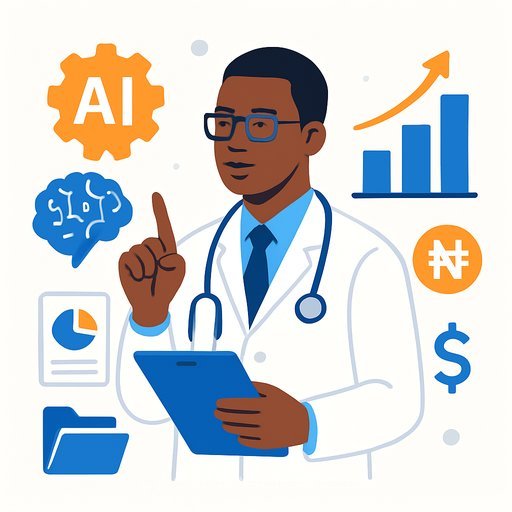Music as Care: How an MIT PhD Researcher Is Building Scalable, Non-Drug Interventions
Media Lab PhD student Kimaya (Kimy) Lecamwasam studies how music can support mental health - for patients, clinicians, and communities. She is a computational neuroscientist, singer/songwriter, and multi-instrumentalist who grew up composing and performing. That lived experience fuels a clear question for healthcare: how can we turn everyday musical practice into effective, measurable care?
Her work centers on translating music-making and listening into interventions that sit alongside psychotherapy and medications, with clinical validation and ethical use of AI where relevant.
Why this matters for healthcare
- Patients already use music to regulate mood, sleep, and stress. Clinically guided approaches can improve consistency and outcomes.
- Music interventions are low-cost, scalable, and can fit into existing care plans without adding side effects.
- Wearables and affective computing make it possible to measure response in real time and tailor protocols.
From stage to science
Lecamwasam's early years in bands taught her how performance changes emotion and behavior - for audiences and musicians. That observation led her to study the brain.
She earned a bachelor's degree in neuroscience (Systems and Computational Neuroscience track) and music from Wellesley College in 2021. Through MIT's UROP, she worked in Emery Brown's lab on classifying consciousness in anesthetized patients and on brain-computer interface prosthetics using reinforcement learning. That foundation shaped her evidence-first approach to music and mental health.
Graduate focus: from "pharmamusicology" to live concert research
At the MIT Media Lab's Program in Media Arts and Sciences (MAS), in the Opera of the Future group, Lecamwasam's master's thesis explored "pharmamusicology" - how music may influence physiology and psychology in anxiety. The goal: turn strong emotional responses into structured, testable care practices.
Now in her third year, she studies the effects of large-scale live music - stadiums and arenas - on mental health and well-being for both audiences and performers. In parallel, she is working to clinically validate music listening, composition, and performance as interventions used alongside therapy and pharmaceuticals.
AI-generated music with clinical guardrails
In collaboration with Professor Anna Huang's Human-AI Resonance Lab, Lecamwasam compares the emotional resonance of AI-generated music and human-composed works. The purpose is practical: identify where AI can support care while preserving human creativity and patient agency.
This work informs ethical recommendation systems and compositions that could be deployed in health settings without replacing human artistry or clinician judgment.
Real-world pilots and partnerships
- Carnegie Hall's Weill Music Institute: contributed to Well-Being Concerts.
- North Shore Lullaby Project (Massachusetts): studying how lullaby writing may support perinatal health.
- Myndstream: comparing emotional responses to AI vs. human-composed music for clinical and everyday use.
- PixMob and Empatica: assessing how interactive lighting and large-scale live events influence emotional resonance, using physiological sensing.
What clinicians can do now
- Screen for musical habits: Ask about listening, playing, or singing as part of routine intake for anxiety, depression, sleep, or pain.
- Prescribe structured listening: Build short, goal-based playlists (10-20 minutes) tied to breathing or grounding exercises. Track mood before and after.
- Encourage creation, not just consumption: Simple songwriting, humming, or instrument practice can improve agency and adherence.
- Leverage groups: Choirs, community music sessions, and caregiver-infant lullaby work can boost connection and reduce isolation.
- Pair with therapy and meds: Position music as an adjunct. Set clear outcomes (sleep latency, anxiety scores, perceived stress, adherence).
Measurement that fits into care
- Before/after markers: GAD-7, PHQ-9, perceived stress, sleep logs.
- Session-level tracking: Self-reported affect (e.g., 0-10 calmness), heart rate trends, and, when available, wearable EDA and temperature data.
- Iterate: If a piece increases arousal for a patient with panic symptoms, switch to slower tempos, simpler harmony, or familiar vocals.
AI in practice: recommendations, not replacements
- Use AI as a drafting tool: Generate options, then let patients and clinicians choose what resonates. Keep consent and transparency explicit.
- Protect agency: Let patients skip, edit, or co-create. Document preferences and triggers.
- Guard privacy: Avoid systems that profile mood without clear disclosure and control.
When live music becomes part of care
Lecamwasam's work tests how concerts affect mood, connection, and stress. For health systems, this suggests partnerships with arts organizations, pop-up performances in hospitals, and referral pathways to community music programs.
The emphasis is on scalability: short, repeatable experiences; clear outcome tracking; and alignment with existing clinical workflows.
Community-building as a health asset
Beyond research, Lecamwasam invests in community at MAS through peer mentoring, Studcom, and students-support programs. The lesson for healthcare: music interventions work best when the social infrastructure is real - peers, mentors, and spaces to participate.
Where to learn more
- Evidence overview: NCCIH: Music and Health
- Clinical practice context: American Music Therapy Association
Bottom line
Music is already part of how people cope. Lecamwasam's research shows how to make it actionable: brief, measurable, ethical, and integrated with therapy and medications. Start small, measure clearly, and let patients co-create their own sound-based care.
Your membership also unlocks:

